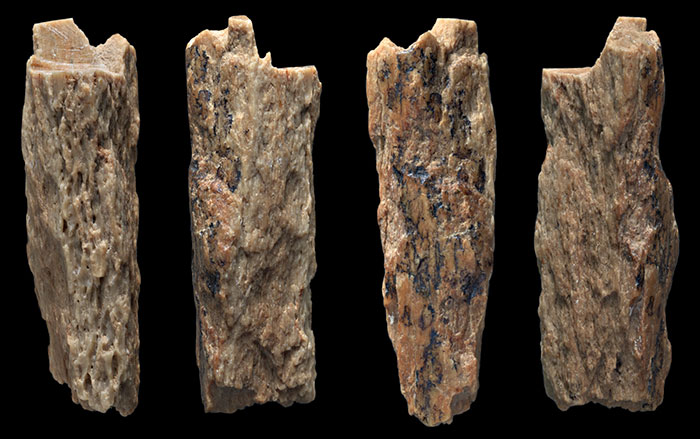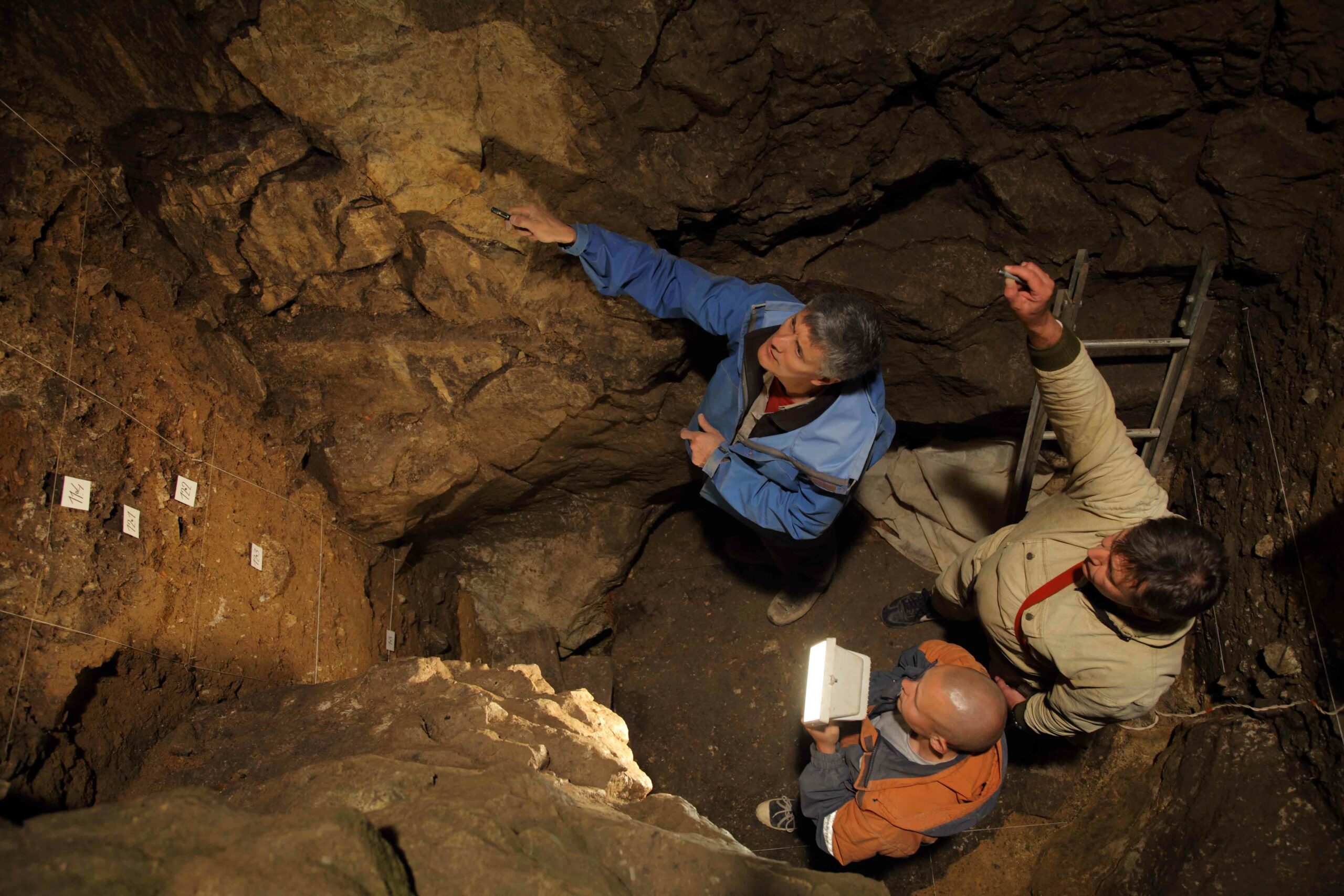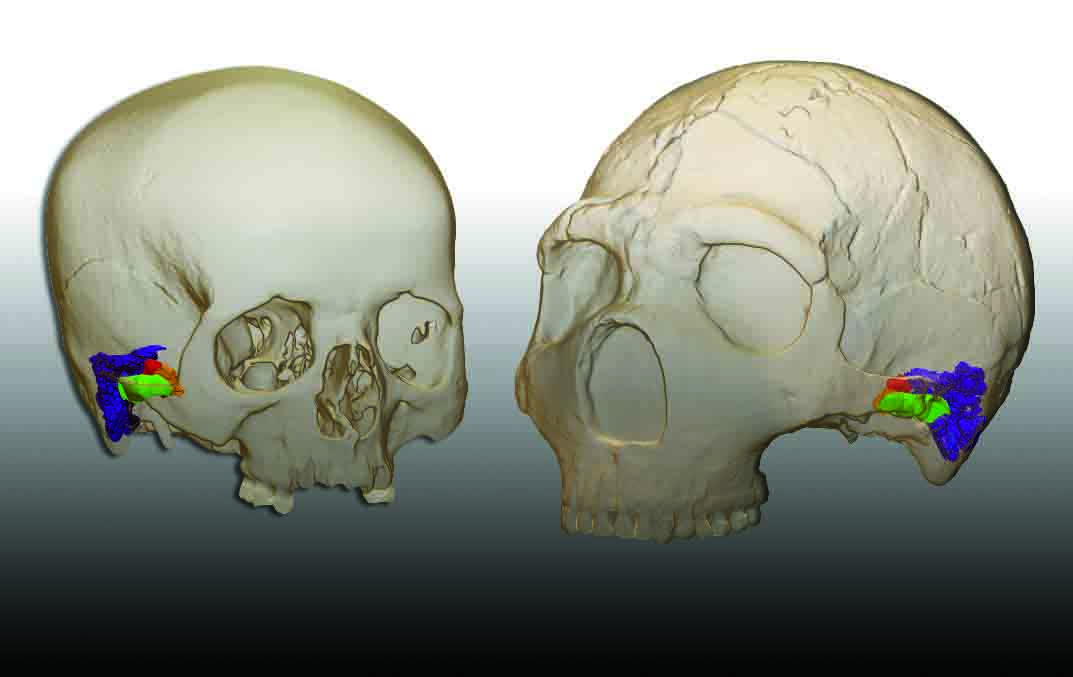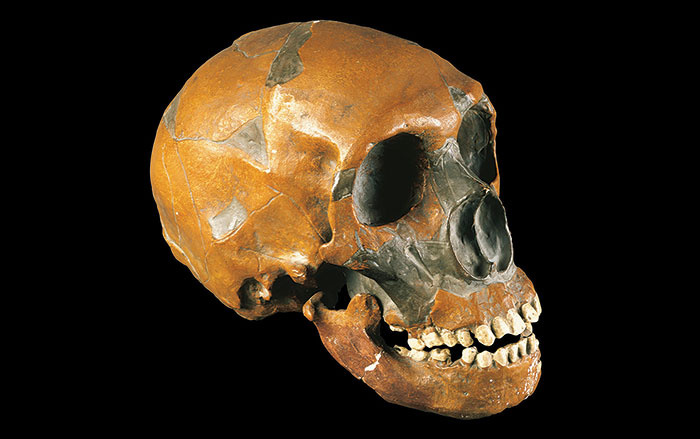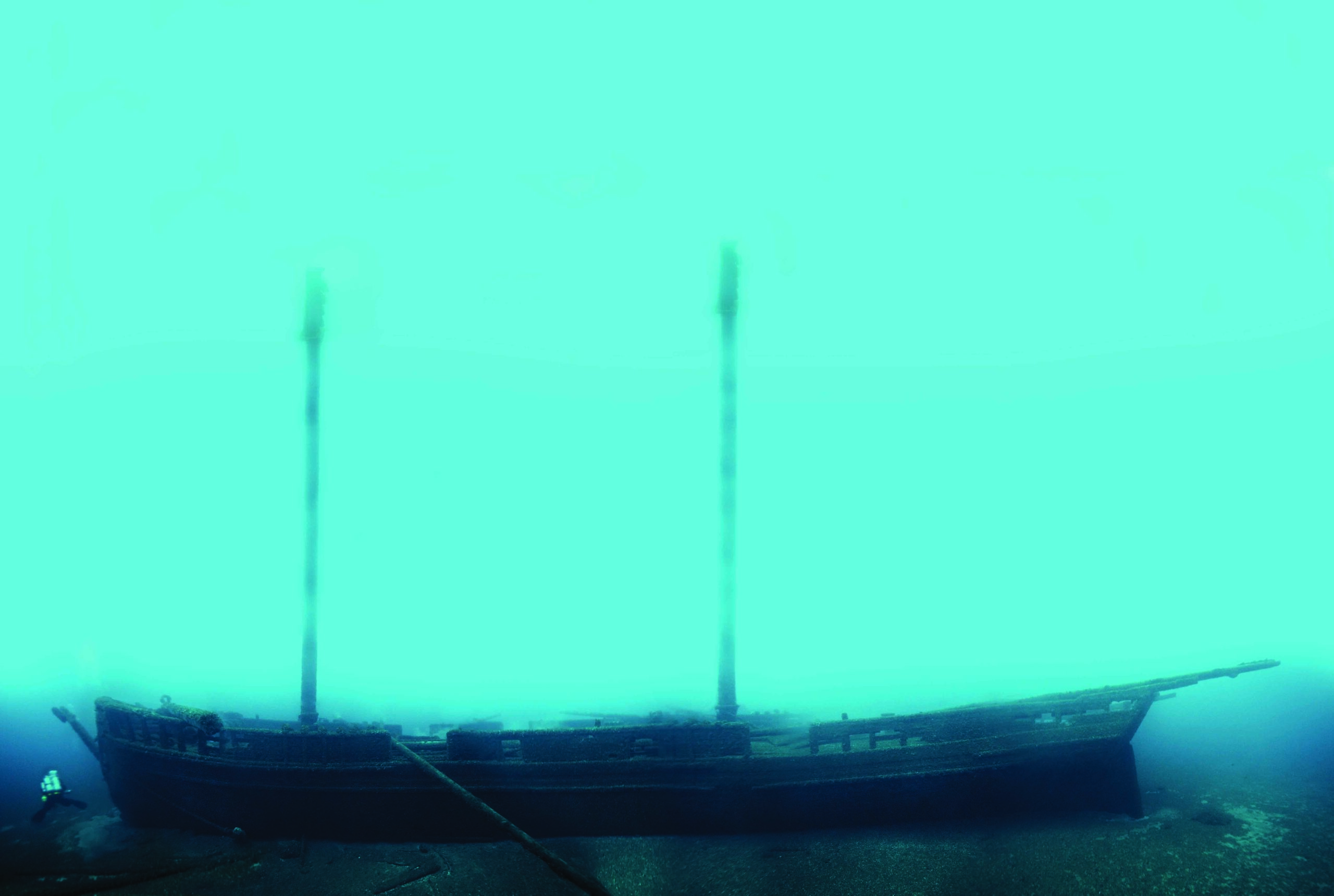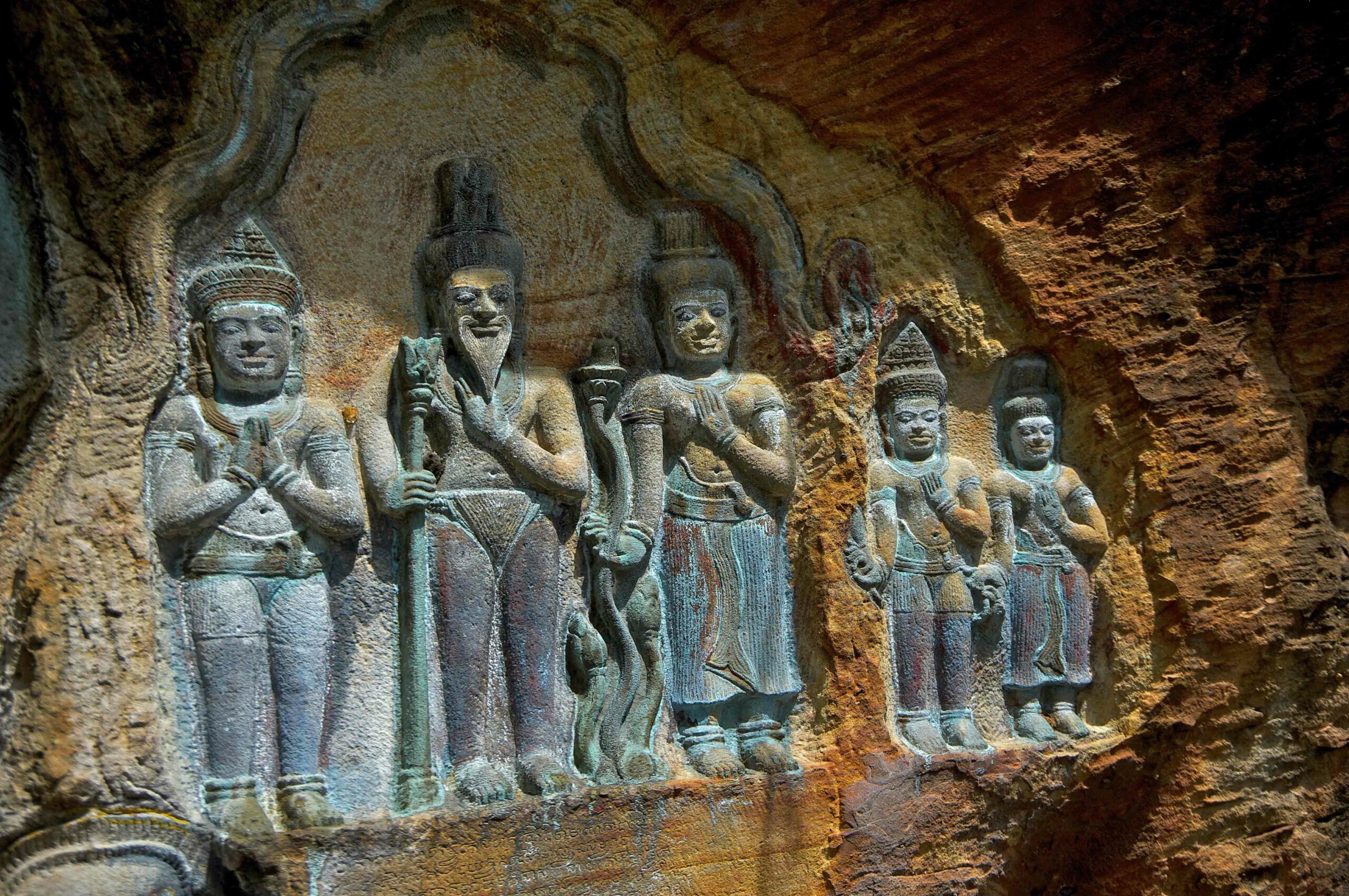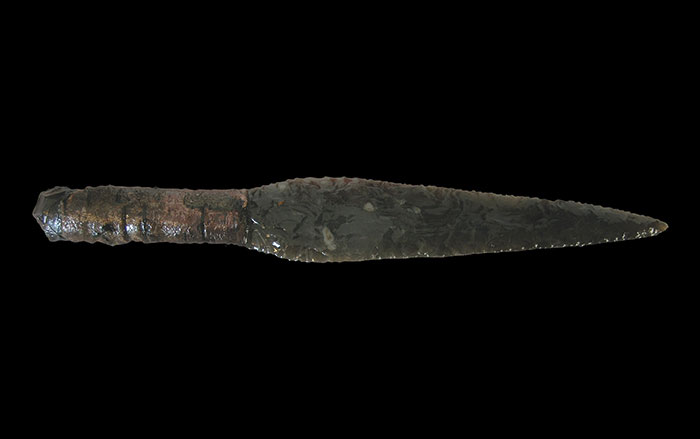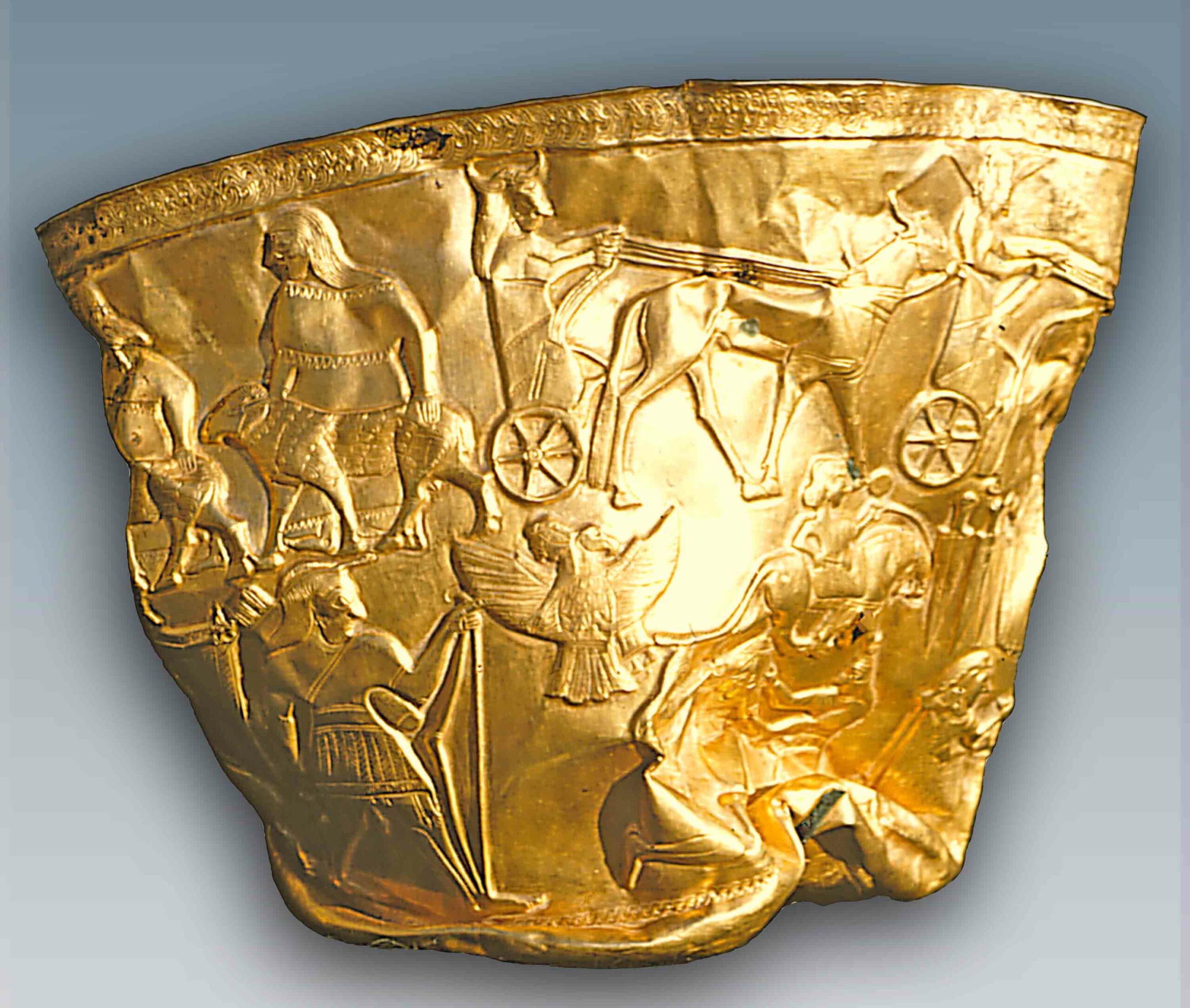
UNIVERSITY PARK, PENNSYLVANIA—Modern humans, Neanderthals, and Denisovans all lost two bitter taste genes that are still present in chimpanzees, according to a study conducted by anthropological geneticist George Perry of Pennsylvania State University and his colleagues. Early hominins probably found wild yams and other tubers to be too bitter to eat, but as human ancestors began to cook their food, they may have been able to tolerate the taste of a wider range of tuberous plants and take advantage of their calories. At the same time, losing the bitter taste genes and eventually domesticating bitter squashes, gourds, and yams furthered the process. The study also found that modern humans carry an average of six copies, and as many as 20 copies, of the salivary amylase gene, which has been thought to help digest the sugars in starchy foods. Chimps, Neanderthals, and Denisovans carry only one or two copies of this gene. “This doesn’t mean that earlier hominins weren’t eating more starch, but perhaps they weren’t getting all of the same benefits as modern humans,” Perry told Science. In addition, modern humans, Neanderthals, and Denisovans all lost the gene that helps build strong chewing muscles, supporting the idea that Homo erectus, a common ancestor, could cook. To read more about the genetics of our extinct cousins, see "Denisovan DNA."


